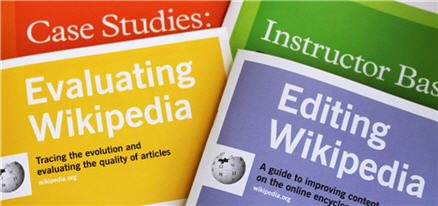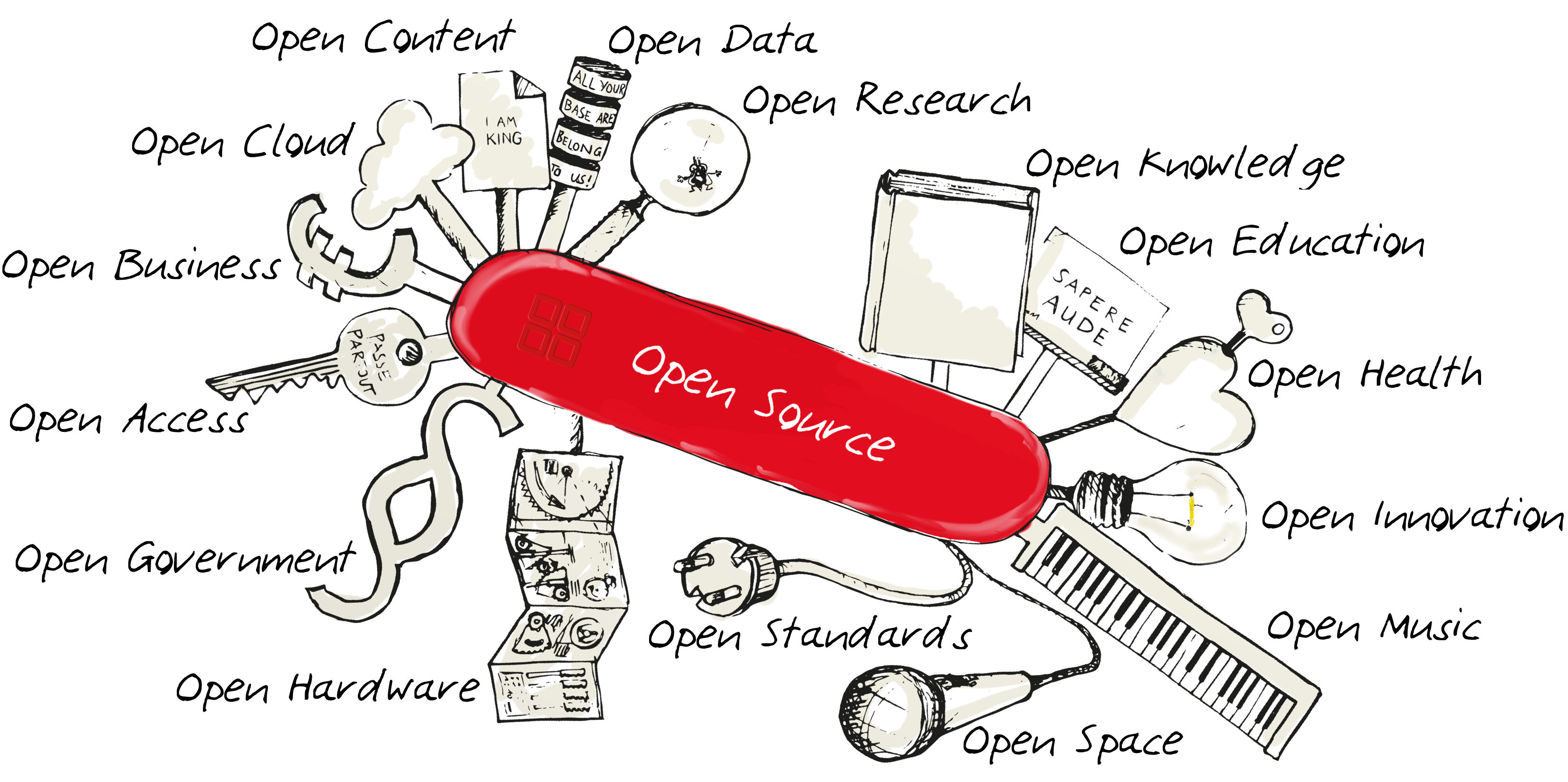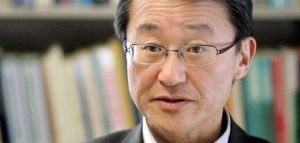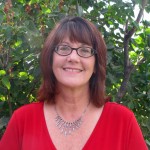Students use Wikipedia all the time. Librarians do, too. It’s a great starting place if you know nothing or very little about something — anything, just about. We’d like to know how many professors here at UConn are using this great public good as a way for students to add better information to the world as part of their class assignments. Instead of just retrieving information, students can become powerful communicators adding better knowledge and improving the quality for all people.
The L.A. Times reported on 10/3/2016 in their article College students take to Wikipedia to rewrite the wrongs of Internet science that
So far this year, 240 college science classrooms in the U.S. and Canada have improved the content of more than 2,500 articles and created 247 new ones, he said. All told, these Web pages have been viewed more than 81 million times. The foundation’s goal is to double these numbers by the end of 2016, which it has dubbed the Year of Science.
Eryk Savaggio of the Wiki Education Foundation says
“Wikipedia has great coverage of military history, for example, but it doesn’t have great coverage of women’s health. Those are the types of gaps where students can go in — they have academic resources, they have textbooks, they have access to their library, to medical journals, academic journals — and contribute something that makes a difference in these more difficult-to-write aspects on Wikipedia.”
Wikipedia has lots of online tutorials and help for editing as well as a set of standards that aims to keep the information unbiased and understandable to the public. It’s a way for students to develop their voices and take learning and pay it forward.
Let us know if you are doing anything like this with your students. And if you are interested in pursuing this track, we have help for you here at the library. Just email open@uconn.edu



 In what ways do you think Open Education (OE) has impacted Institutional practice, reputation and culture of MIT?
In what ways do you think Open Education (OE) has impacted Institutional practice, reputation and culture of MIT? 

